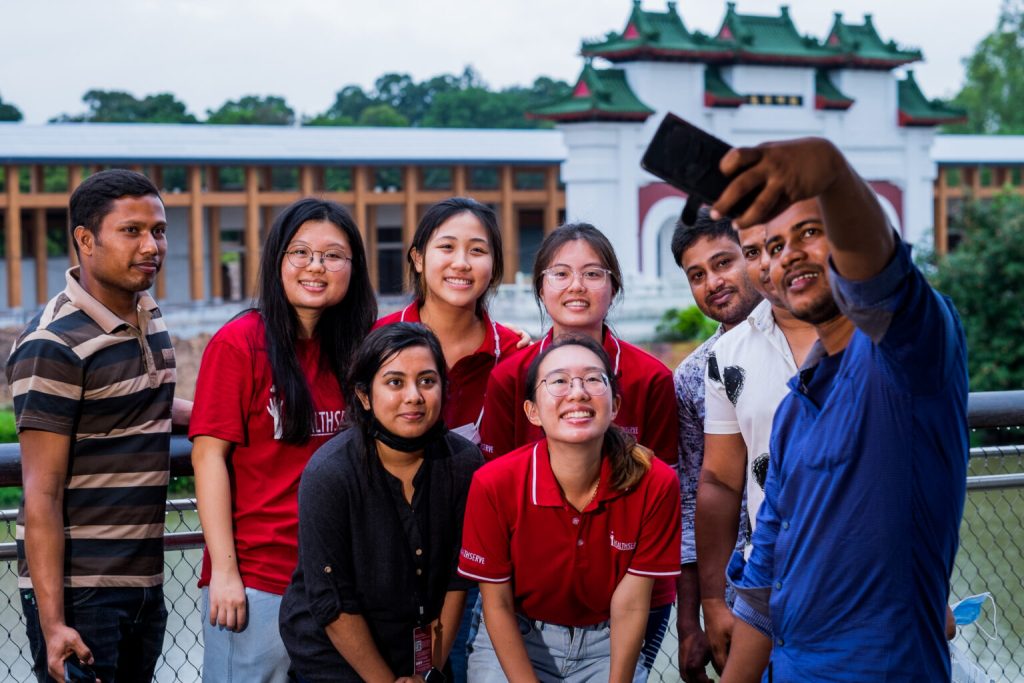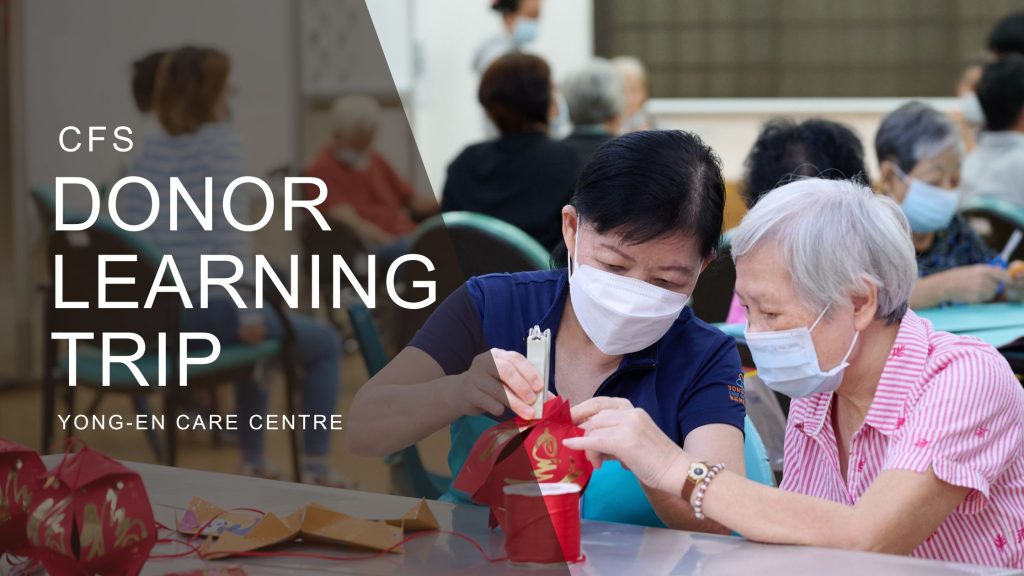
约230名年长者参加益智桌游赛 用颜色与数字一较高下
A Rummikub competition was held on 20th September at Heartbeat@Bedok, bringing together participants from 20 Active Ageing Centres. Rummikub, also known as “Israeli Mahjong,” is a cognitive tabletop game. The competition was organised by City Harvest Community Services Association and received support from FUN! Fund, a Community Impact Fund jointly established by the Community Foundation of Singapore and the Agency for Integrated Care, with the aim of addressing social isolation among the elderly.








